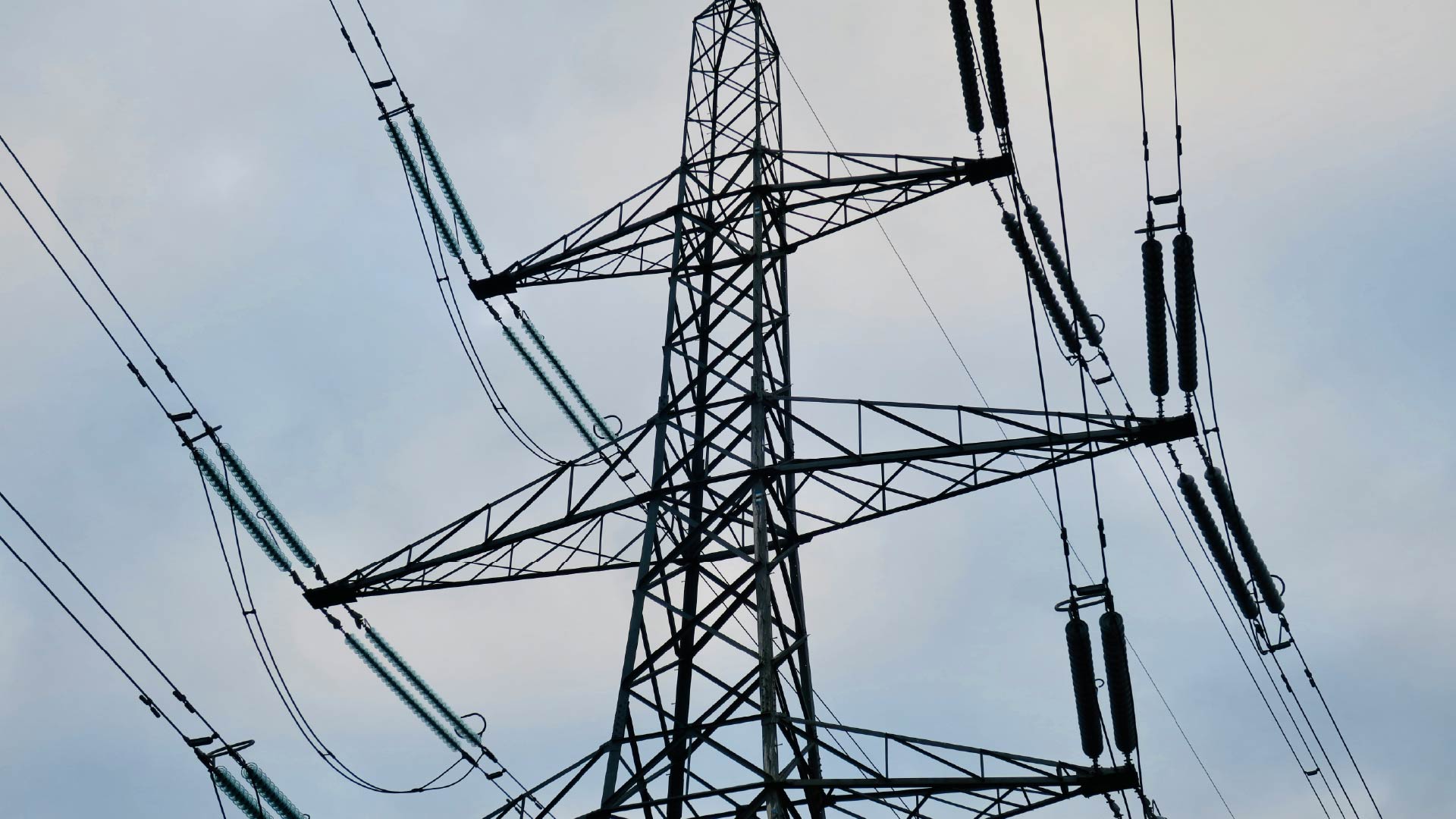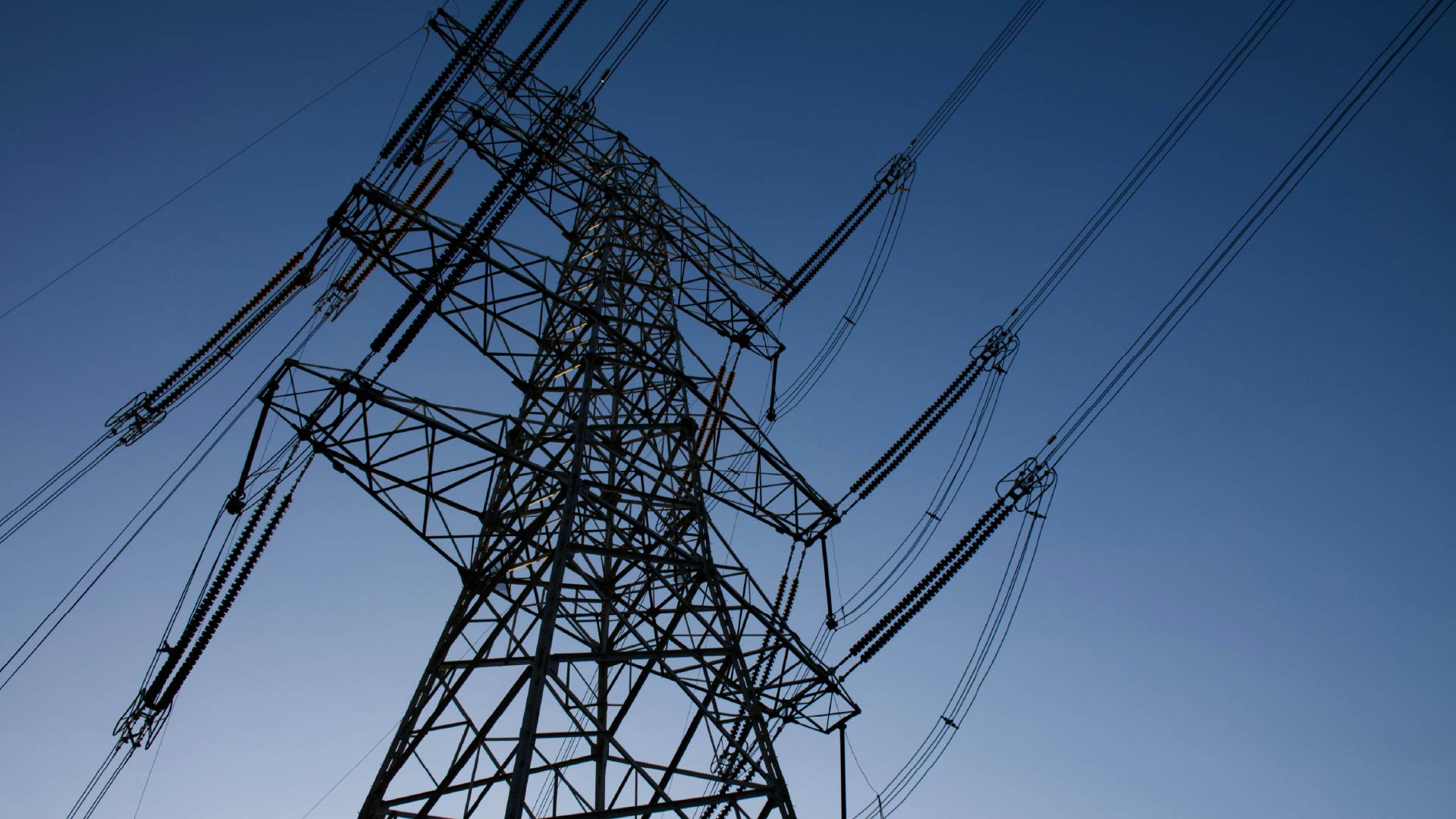Glitter In The Litter: Increased Circularity Can Slash Tech Sector Emissions And Cut Costs

Alastair Foyn
Efforts by Apple to recycle the gold in its iPhones has led to significant avoided emissions, and establishes precedence for circularity of precious metals in the tech supply chain.
In 2022, the technology sector reported using over 309 tonnes of gold, approximately 10% of the annual extraction quantity. Extracting this gold produced an estimated 8.72 million tonnes of CO2e. Despite the high environmental cost of extraction, material circularity is low and underutilized: in 2022, recycled gold constituted less than 24% of supply. In the same year, an estimated 4.4 billion phones – containing $6.4 billion worth of gold (110 tonnes) – ended up in landfill.
Closing the loop on e-waste would help technology firms to meet the rising need for gold and other precious metals more sustainably, whilst simultaneously reducing both supply chain emissions (Scope 3 Category 1) and emissions from the end-of-life treatment of sold products (Scope 3 Category 12). The latter of these globally increased by more than 50% between 2014 and 2022. Increasing the circularity of precious metal supply also helps to build supply chain resilience through lower environmental impacts, onshoring of material sourcing, and potentially decreased vulnerability to changes in price and supply availability.
In recent years, Apple has made significant investments to increase the circularity of its precious metal supply chain. A tonne of iPhone components contains two thousand times more gold than a tonne of mined rock. By 2016, Apple was pioneering a disassembly line that recovered a tonne of gold from old Apple products in the previous year, avoiding over 28,000 tonnes of CO2e. In 2021, Apple created a certified recycled gold supply chain for the iPhone 13. Apple’s recycling machine can now dismantle 23 different models of iPhone and has disassembly plants in the US and Netherlands.
Consumers also need to be willing and able to recycle their phones. Only 17% of e-waste is properly recycled today. To make recycling easier, Apple has set up a trade-in scheme, and begun to accept non-Apple products for recycling.
As the continued rise in demand for technology, including EV batteries, puts increased strain on gold and other precious metals, circularity will become a vital practice to ensure sustainable supply.
About The Author

Alastair Foyn
Analyst





